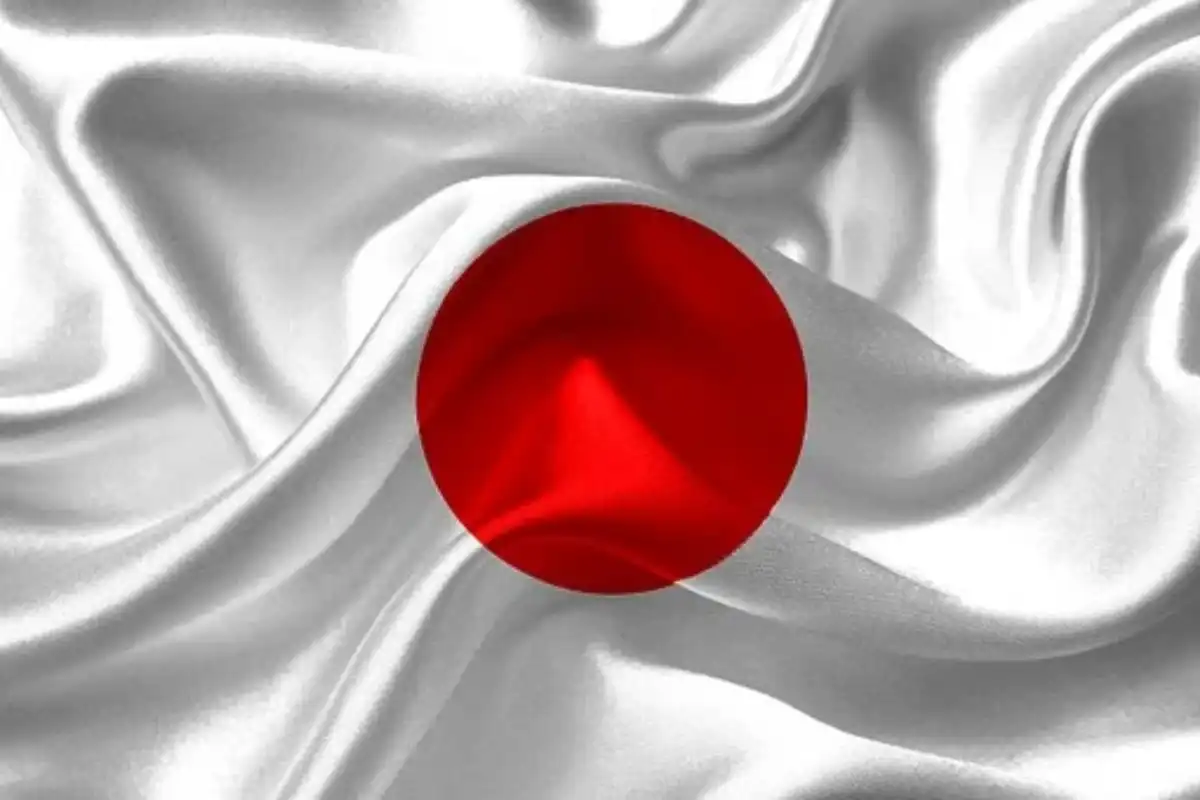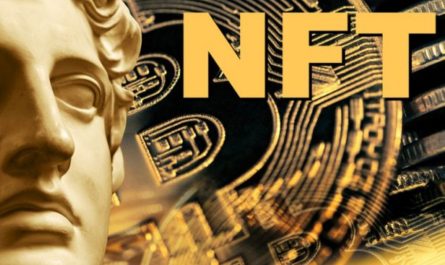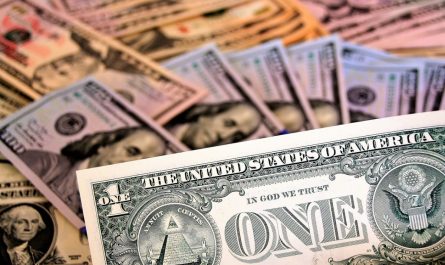Japan has intervened to prevent the Yen from falling by 20% to the US Dollar in the midst of the divergent monetary policies of both countries. It is the first Japanese government intervention for the Yen since 1998.
A Necessary Pull Up
The Japanese Yen gained strength by up to 2.3% against the US Dollar as it pull back from the low levels it had declined to. The Yen broke through the 145 psychological level and information from a top BOJ official said the government has decided to take bold actions.
The government intervention followed the decision of the Bank of Japan to continue holding the negative-rate monetary policy when the US Feds increased interest rates by another 75 basis points. All these indicate that the Japanese economy reached a pain threshold while hedge funds were adding to short-term bets on the Japanese Yen.
The predominant question is if the action will serve its intended purpose. A strategist with Oversea-Chinese Banking Corporation, Christopher Wong, said that the best the Japanese government can achieve is to slow down the momentum of the Yen’s decline. He said further that the intervention alone will not change the trend unless the US Dollar becomes lower, or the Bank of Japan does something about its monetary policy.
Currency intervention comes as a very big deal for a country that has been accused of permitting the weakness of its currency so that it can serve the interest of exporters within its borders. It is on record that the last time Japan took such a step was in the Asian economic crisis of 1998. The exchange rate then reached about 146 Yen to the Dollar and it was threatening the weak economy.
Negative Effect Deepens
The government, however, intervened at 130 in 2011 to weaken the Yen.
The Yen gained 1.7% to reach 141.71 versus the US Dollar. A Bank of Japan official, Masato Kanda, described the move against the Yen as sudden and unilateral while he announced the government intervention.
Authorities in Japan have been giving stern warnings lately and the BOJ carried out what it called “rate checks” within the foreign exchange space to caution against speculative bets.
The BOJ Governor, Haruhito Kuroda, on Thursday, along with other members of the board decided to maintain the BOJ’s monetary policy unchanged as was generally expected. The Bank’s Governor appeared at a news brief later and said there might not be a need for a change of guidance in another two to three years.
Note that the Yen is the poorest-performing currency among the G10 currencies. Companies and households in the country have begun to complain over the negative impact of the weak Yen while the cost of energy and other commodities increases.
















